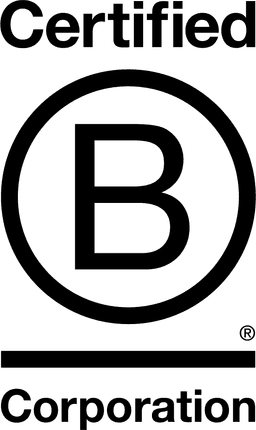

LE CHEMISEUR

Paris, France
June 2024
Apparel
Wholesale/Retail
Austria,
Belgium,
France,
Germany,
Luxembourg,
Netherlands The,
Switzerland
LE CHEMISEUR uses AI and connected factories to offer the best made-to-measure shirts. Without the environmental waste. LE CHEMISEUR is a French brand specializing in premium made to measure menswear. Since 2014, our vision has been to create an innovative customer experience that makes online custom tailoring simple and appealing, while reducing emissions by 43% by eliminating waste through on-demand production. An in-house developed algorithm, based on AI, assists the customer during the initial measurement process and has improved the website's conversion rate by 30%. The Cutting Key, a unique patented concept, is printed into each product. It allows for easy and fun reordering, with adjustments if needed (for example, torso + 1 cm), thus ensuring an excellent customer loyalty rate. LE CHEMISEUR is revolutionizing premium menswear through a combination of AI technology and sustainable manufacturing. Founded in 2014, the French brand specializes in made-to-measure shirts, offering an innovative and seamless online tailoring experience. Our commitment to sustainability is evident in our on-demand production model, which reduces emissions by 43% by eliminating waste. At the heart of our approach is a proprietary AI-based algorithm that simplifies the measurement process, im
Overall B Impact Score
Governance 14.8
Governance evaluates a company's overall mission, engagement around its social/environmental impact, ethics, and transparency. This section also evaluates the ability of a company to protect their mission and formally consider stakeholders in decision making through their corporate structure (e.g. benefit corporation) or corporate governing documents.
What is this? A company with an Impact Business Model is intentionally designed to create a specific positive outcome for one of its stakeholders - such as workers, community, environment, or customers.
Workers 27.3
Workers evaluates a company’s contributions to its employees’ financial security, health & safety, wellness, career development, and engagement & satisfaction. In addition, this section recognizes business models designed to benefit workers, such as companies that are at least 40% owned by non-executive employees and those that have workforce development programs to support individuals with barriers to employment.
Community 13.8
Community evaluates a company’s engagement with and impact on the communities in which it operates, hires from, and sources from. Topics include diversity, equity & inclusion, economic impact, civic engagement, charitable giving, and supply chain management. In addition, this section recognizes business models that are designed to address specific community-oriented problems, such as poverty alleviation through fair trade sourcing or distribution via microenterprises, producer cooperative models, locally focused economic development, and formal charitable giving commitments.
Environment 34.3
Environment evaluates a company’s overall environmental management practices as well as its impact on the air, climate, water, land, and biodiversity. This includes the direct impact of a company’s operations and, when applicable its supply chain and distribution channels. This section also recognizes companies with environmentally innovative production processes and those that sell products or services that have a positive environmental impact. Some examples might include products and services that create renewable energy, reduce consumption or waste, conserve land or wildlife, provide less toxic alternatives to the market, or educate people about environmental problems.
What is this? A company with an Impact Business Model is intentionally designed to create a specific positive outcome for one of its stakeholders - such as workers, community, environment, or customers.
Customers 5.0
Customers evaluates a company’s stewardship of its customers through the quality of its products and services, ethical marketing, data privacy and security, and feedback channels. In addition, this section recognizes products or services that are designed to address a particular social problem for or through its customers, such as health or educational products, arts & media products, serving underserved customers/clients, and services that improve the social impact of other businesses or organizations.